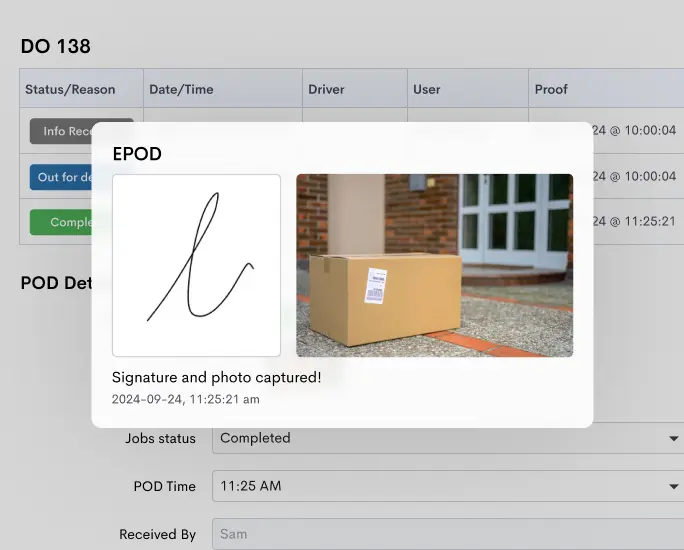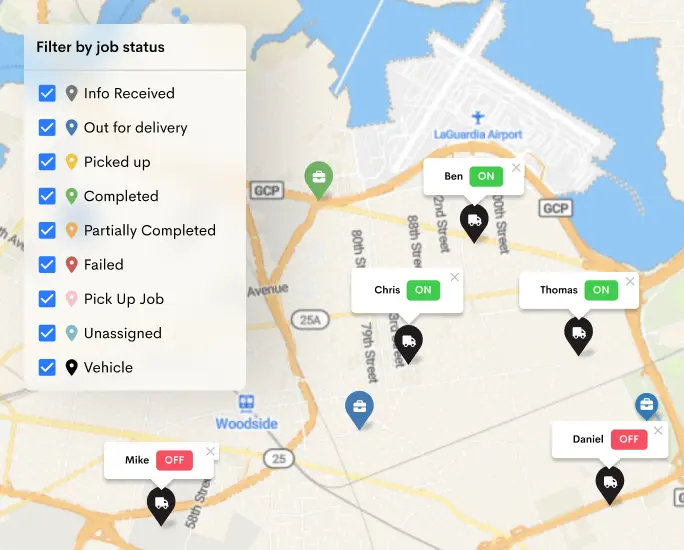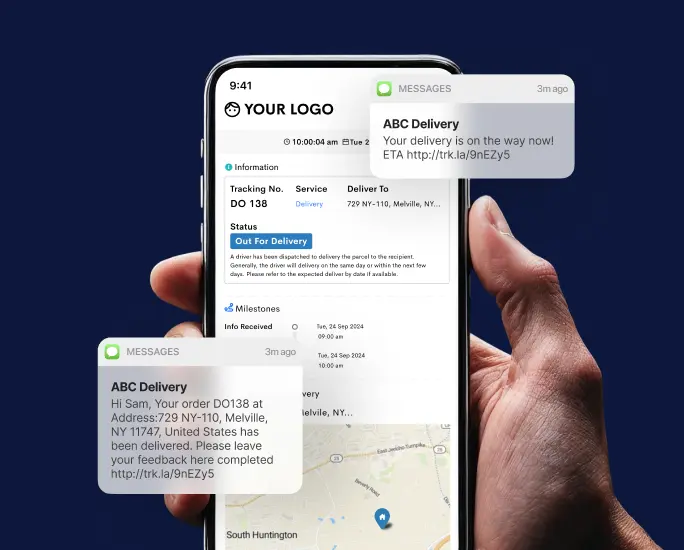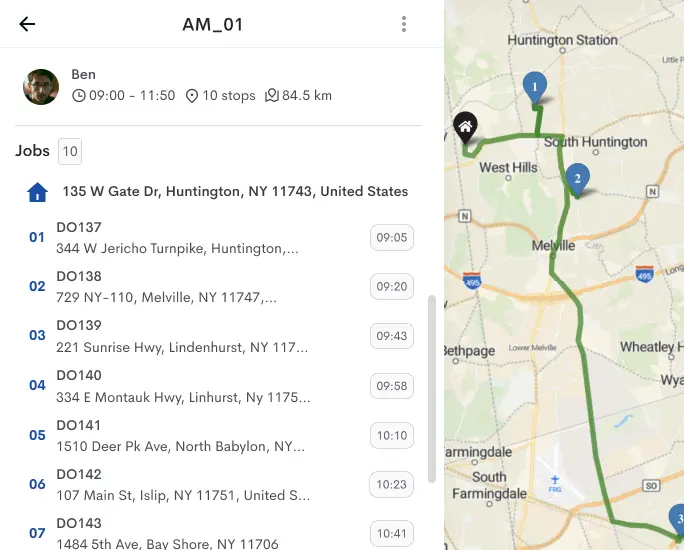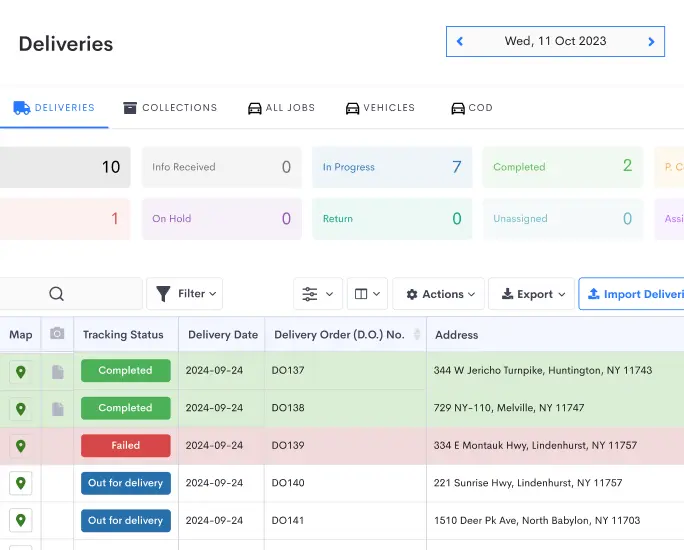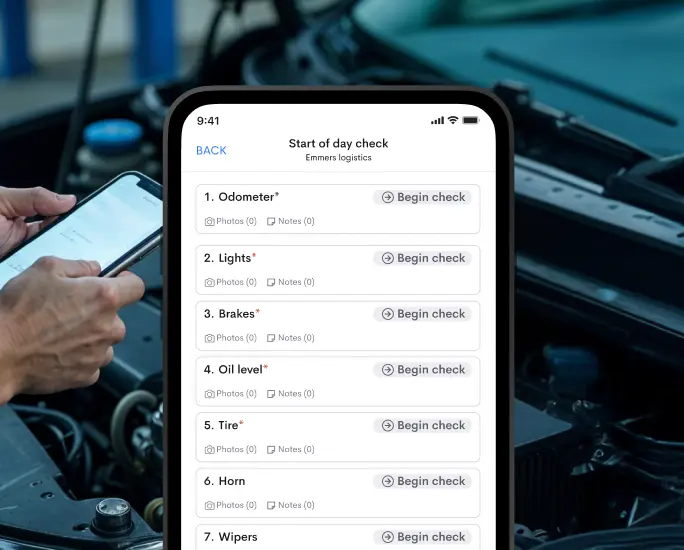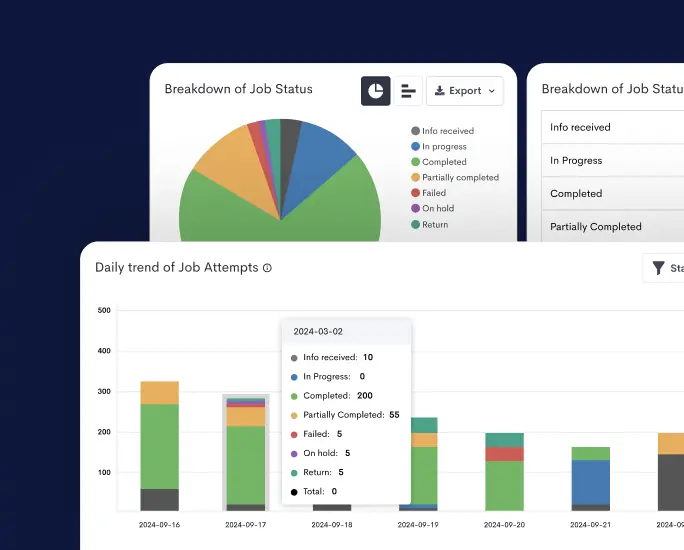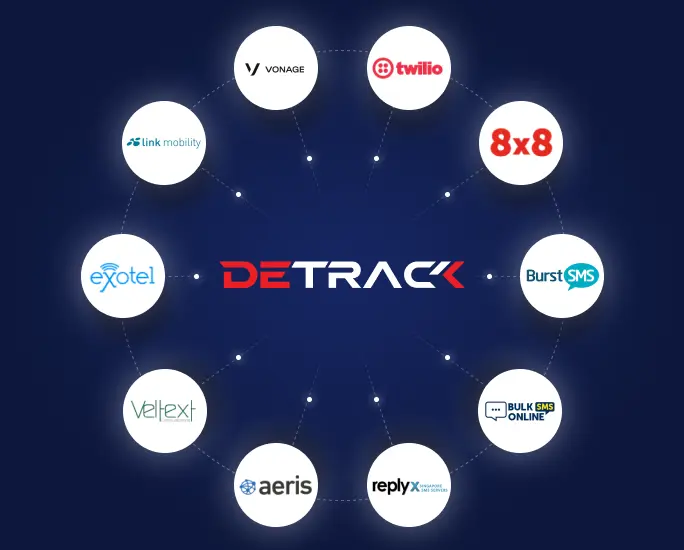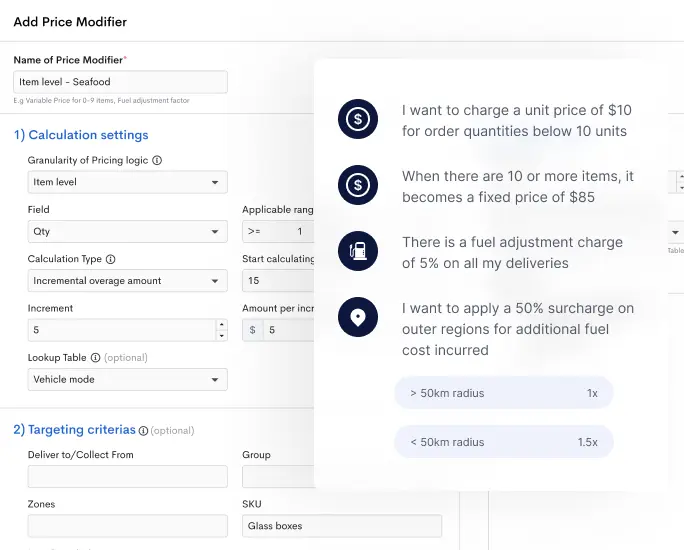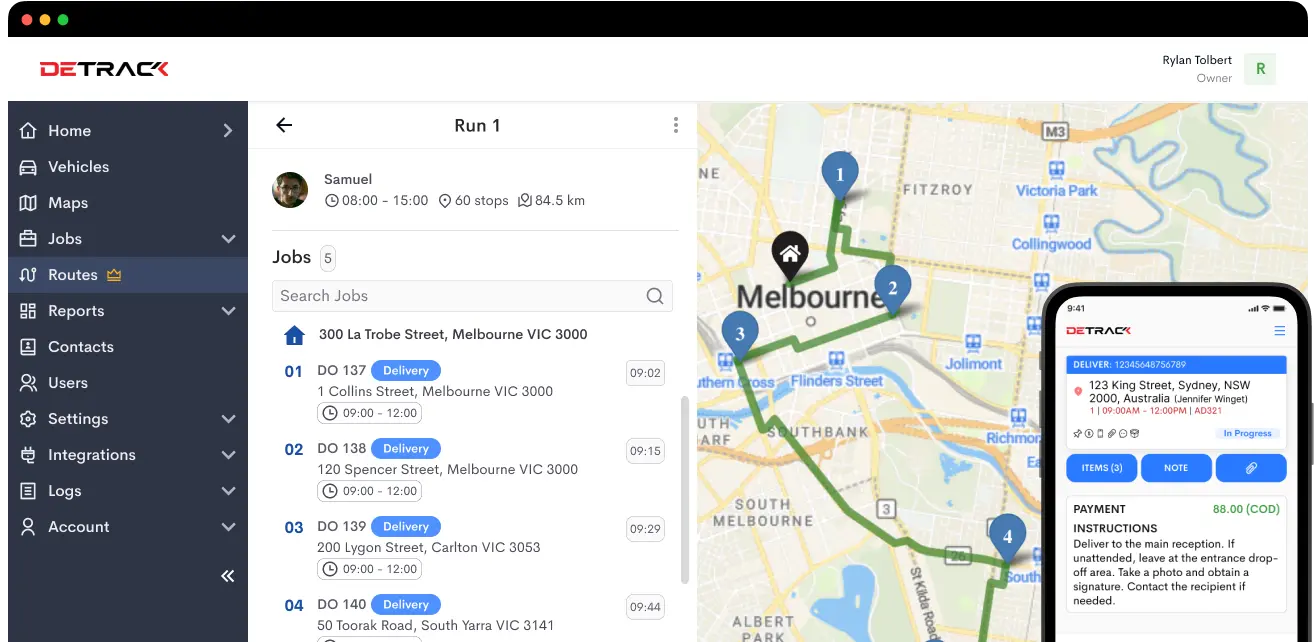From the rise of e-commerce giants to the advent of same-day delivery, consumers’ expectations are rapidly transforming. Among these changes, one emerging trend stands out: retailers building and leveraging their fleets for delivery services.
This shift reflects a strategic move to meet customer demands and signifies a deeper transformation in the retail ecosystem.
Retail with Own Fleet: Future Trends
1. Seamless Customer Experience
Providing a seamless customer experience is paramount. Own fleet operations allow retailers greater control over the entire delivery process, from order fulfillment to doorstep delivery.
By owning last-mile delivery, retailers can ensure faster shipping times, accurate order tracking, and enhanced customer communication. This level of control fosters trust and loyalty among customers, ultimately leading to increased satisfaction and repeat business.
2. Flexibility and Agility
One of the key advantages of having a fleet is its flexibility. Retailers can adapt quickly to fluctuating demand, seasonal peaks, and unforeseen challenges.
Unlike relying on third-party logistics providers, owning a fleet gives retailers greater agility in optimizing delivery routes, reallocating resources, and adjusting operations based on real-time data and customer feedback.
This agility improves efficiency and enables retailers to stay ahead of the curve in a dynamic market environment.
3. Data-Driven Insights
With own fleet operations, retailers gain access to a wealth of valuable data that can be leveraged to drive business decisions. From route optimization and delivery performance metrics to customer preferences and behavior patterns, the data collected throughout the delivery process offers valuable insights into the supply chain and consumer trends.
By harnessing this data effectively, retailers can optimize their operations, streamline processes, and personalize the shopping experience, ultimately gaining a competitive edge in the market.

4. Sustainability Initiatives
In an age where sustainability is increasingly becoming a priority for consumers and businesses alike, owning a fleet allows retailers to reduce their carbon footprint and embrace eco-friendly practices.
By investing in electric vehicles, optimizing delivery routes to minimize fuel consumption, and implementing innovative packaging solutions, retailers can mitigate environmental impact while meeting customer expectations for sustainability.
This commitment to eco-consciousness resonates with socially conscious consumers and aligns with long-term business sustainability goals.
5. Diversification of Revenue Streams
Owning a fleet opens up new avenues for revenue generation beyond traditional retail operations. Retailers can explore offering delivery services to other businesses, leveraging their existing infrastructure and expertise to tap into additional revenue streams.
Whether partnering with local merchants for last-mile delivery or providing logistics solutions to e-commerce startups, retailers can diversify their revenue sources while expanding their market reach.
This diversification enhances profitability and strengthens the retailer’s position as a key player in the evolving retail ecosystem.
6. Challenges and Considerations
While the future of retail with its fleet holds great promise, it also comes with its own challenges and considerations. From the initial investment in fleet acquisition and maintenance to the complexities of managing logistics operations and navigating regulatory requirements, retailers must carefully weigh the costs and benefits of owning a fleet.
Additionally, ensuring the safety and reliability of delivery services, especially in the face of unforeseen disruptions or emergencies, remains a top priority for retailers investing in their own fleet.
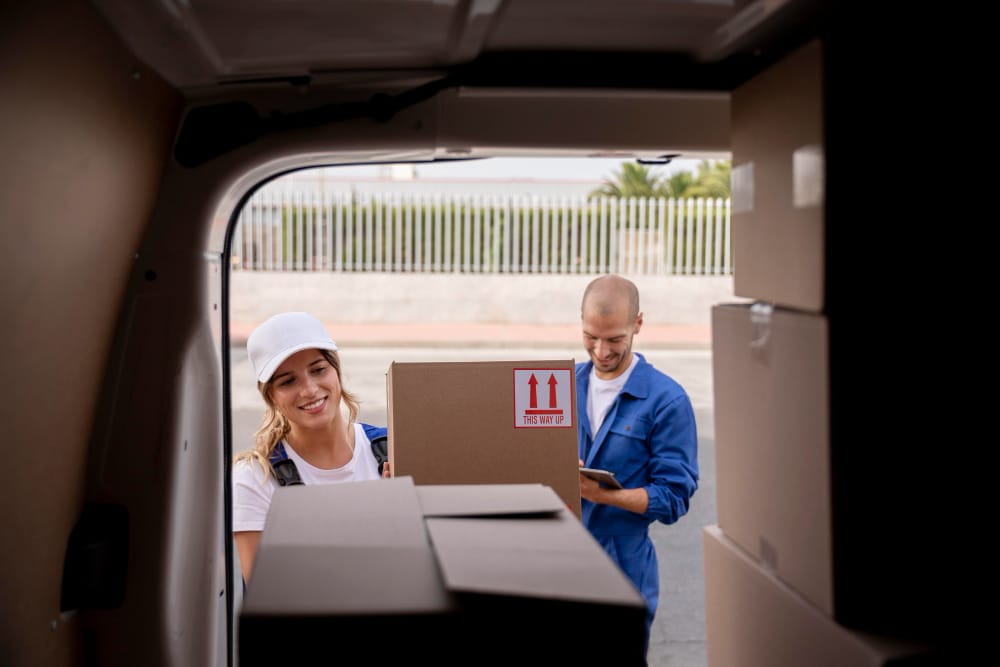
Conclusion
As the retail landscape continues to evolve, retailers with their own fleets are poised to profoundly reshape the industry.
By prioritizing seamless customer experiences, embracing flexibility and agility, harnessing data-driven insights, championing sustainability initiatives, diversifying revenue streams, and addressing key challenges, retailers can position themselves for success in an increasingly competitive market.
Owning a fleet isn’t just about delivering products—it’s about providing value, innovation, and excellence at every touchpoint along the customer journey. As retailers navigate the future, the path to success lies in embracing change, adapting to new trends, and reimagining the possibilities of retail with their own fleet.

